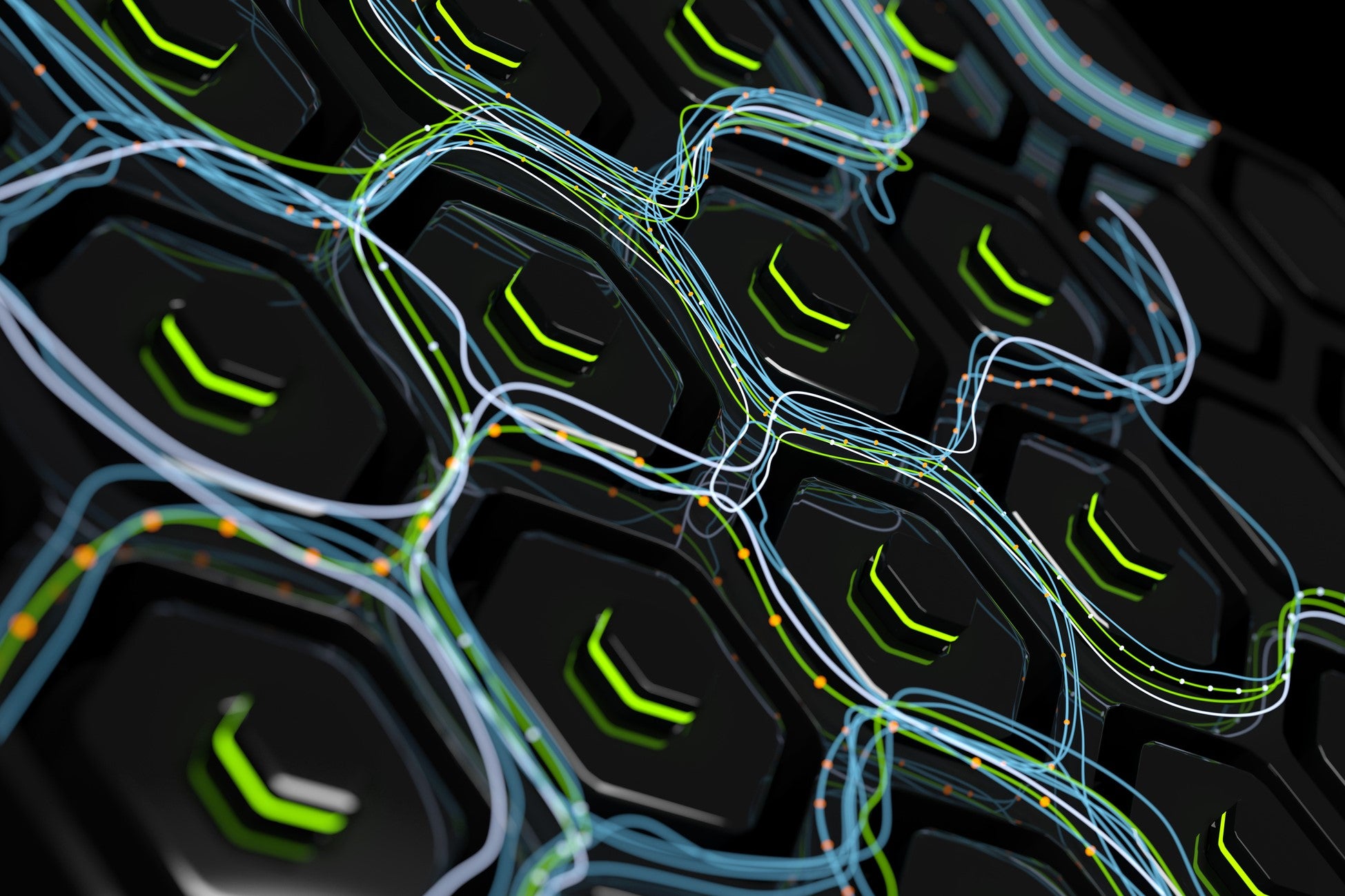New battery could charge your car or phone in minutes
Lithium-ion battery with same energy density as an electric car unit recharges to 80 per cent in less than 10 minutes

Your support helps us to tell the story
From reproductive rights to climate change to Big Tech, The Independent is on the ground when the story is developing. Whether it's investigating the financials of Elon Musk's pro-Trump PAC or producing our latest documentary, 'The A Word', which shines a light on the American women fighting for reproductive rights, we know how important it is to parse out the facts from the messaging.
At such a critical moment in US history, we need reporters on the ground. Your donation allows us to keep sending journalists to speak to both sides of the story.
The Independent is trusted by Americans across the entire political spectrum. And unlike many other quality news outlets, we choose not to lock Americans out of our reporting and analysis with paywalls. We believe quality journalism should be available to everyone, paid for by those who can afford it.
Your support makes all the difference.Scientists have set a new record for ultra-fast charging of lithium-ion batteries, which are found in everything from electric cars to smartphones.
A multinational team from the University of Science and Technology of China (USTC) and the University of California developed a new method that accelerated the recharge time of a battery with a similar energy density to those found in electric vehicles.
In just nine minutes, the 302 Wh kg battery was able to recharge 80 per cent of its energy, surpassing previously reported commercial lithium-ion batteries.
The charging method also did not impact the battery’s stability, which remained constant after more than 300 charge-discharge cycles.
The researchers described the new approach as a “paradigm shift strategy” that exploited a process known as electrocatalysis to radically improve the charging speeds.
The research marks a major step towards developing high-energy, fast-charging batteries that could supercharge the transition to clean energy transportation.
A report by the International Energy Agency cited slow battery charging times as one of the top five barriers to electric vehicle adoption.
The latest research was detailed in a study, titled ‘Solid-State Electrocatalysis in Heteroatom-Doped Alloy Anode Enables Ultrafast Charge Lithium-Ion Batteries’, published in the Journal of the American Chemical Society.
It comes in the same week that researchers from Georgia Tech in the US reported a breakthrough while researching cathodes for lithium-ion batteries.
Using a “revolutionary material”, the team were able to build a battery suitable for use in electric vehicles at just a fraction of the cost of conventional lithium-ion batteries.
Hailong Chen, an associate professor at the School of Materials Science and Engineering at Georgia Tech, described the new cathode as a “game-changer”, adding that if implemented at scale it could “greatly improve the EV market– and the whole lithium-ion battery market.”
Join our commenting forum
Join thought-provoking conversations, follow other Independent readers and see their replies
Comments